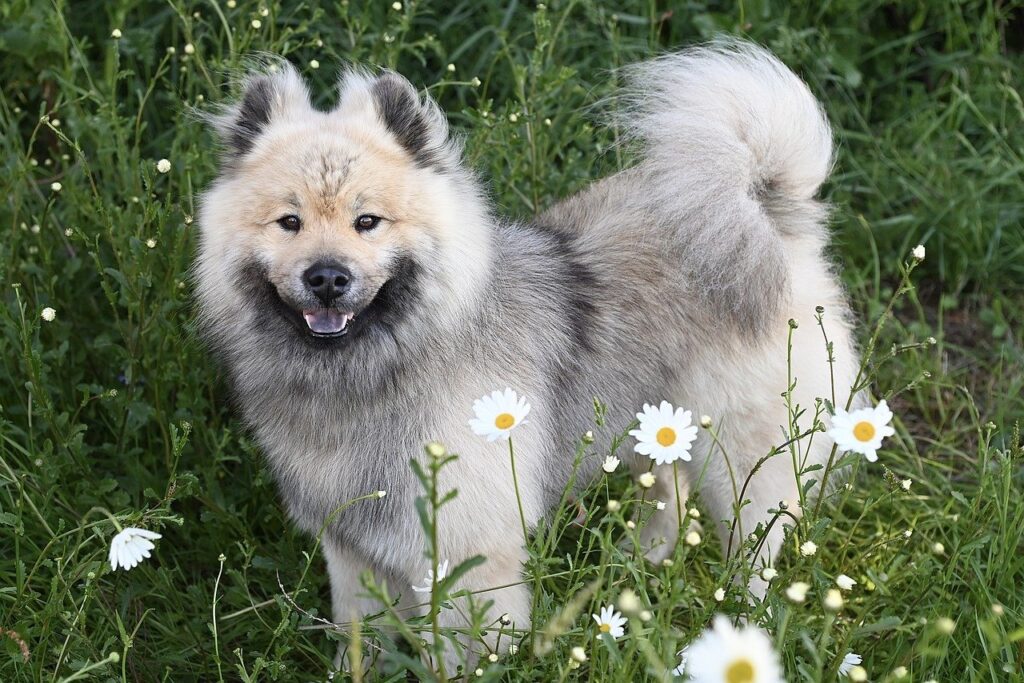Can Dogs Eat Hummus? – No, They Can’t
Hummus might be a healthy and tasty snack for humans, but when it comes to our four-legged friends, the answer is a resounding No. Hummus typically contains ingredients that are not suitable for canine consumption, such as garlic and lemon juice, which can be harmful. Additionally, the primary ingredient, chickpeas, while not harmful in themselves, are often processed with added oils and spices that could cause digestive distress or other health issues in dogs.
Can Puppies Eat Hummus?
For puppies, hummus is even more of a no-go. Young dogs have more sensitive digestive systems and introducing foods that are not specifically designed for their growth can lead to health complications. Puppies also have a higher risk of developing food sensitivities, and ingredients in hummus, like garlic and onion, are toxic for them. When it comes to feeding your pup, sticking to puppy-formulated feeds is always the safest bet.
Why is Hummus Harmful for Dogs?
Hummus encompasses several elements that pose risks to dogs. Let’s dive into what makes this popular dip a no-no for pooches.
Garlic and Onion
Both garlic and onion contain thiosulfate, which can cause oxidative damage to red blood cells in dogs, leading to hemolytic anemia. Even small amounts can be harmful, which is why any food containing these ingredients, including hummus, should be avoided for dogs.
High Fat and Caloric Content
Many hummus brands add oil, which increases the fat and calorie count. Overconsumption of such high-fat foods can lead to obesity and associated health concerns such as diabetes and joint problems in dogs.
Lemon Juice and Added Spices
The acidity of lemon juice and added spices can upset a dog’s stomach. Although a small lick might not cause immediate harm, regular consumption can contribute to gastritis or other gastrointestinal issues.
Symptoms to Watch Out For After Dogs Consume Hummus
- Vomiting: Dogs may exhibit nausea and expel their stomach contents if they react poorly to hummus.
- Diarrhea: Watch for loose or watery stools which signify that your dog’s digestive system is agitated.
- Lethargy: If your dog seems unusually tired or disinterested in activities, it could be reacting to an ingredient in hummus.
Immediate Steps to Take if Your Dog Eats Hummus
- Monitor Your Dog: Keep a close eye on your dog’s behavior and watch for any signs of distress.
- Contact Your Vet: If you notice any troubling symptoms, or if your dog consumed a large amount of hummus, it’s important to get in touch with your veterinarian.
- Avoid Human Foods: Prevent similar incidents by keeping human food well out of your dog’s reach and sticking to dog-friendly diets.
Safe Alternatives to Hummus
While hummus is dangerous for dogs, there are safe alternatives that they can enjoy. Consider offering your dog these safer food options instead:
- Pumpkin – A fiber-rich food that can aid in a dog’s digestion.
- Apples (without the seeds) – A crunchy treat that helps clean teeth and freshen breath.
- Carrots – Low in calories and high in vitamins, carrots are perfect for a healthy dog snack.
Conclusion
The savory spread hummus is a no-go for our canine companions. Aside from its potentially toxic ingredients, the high fat and spice content doesn’t suit a dog’s dietary needs. Vigilance is key in pet care. Thankfully, there are plenty of dog-friendly options that are both safe and enjoyable for your pet.
Frequently Asked Questions
What if my dog accidentally eats hummus?
If it’s a small amount, monitor your pet for any symptoms of distress and contact your vet for advice. For larger quantities, seek immediate veterinary help.
Can dogs eat chickpeas?
In moderation, plain cooked chickpeas without salt or seasonings can be a healthy treat for dogs.
Are there any human foods that are safe for dogs?
Yes, many fruits and vegetables, like carrots and apples (minus the seeds), are safe for dogs, as well as lean meats like chicken and turkey, provided they’re cooked without harmful seasonings.
How can I keep my dog from eating food that’s not safe?
Train your dog to follow commands, such as “leave it,” and always store human food out of reach. Consistently feed your dog a balanced, species-appropriate diet to reduce their temptation to try human food.



